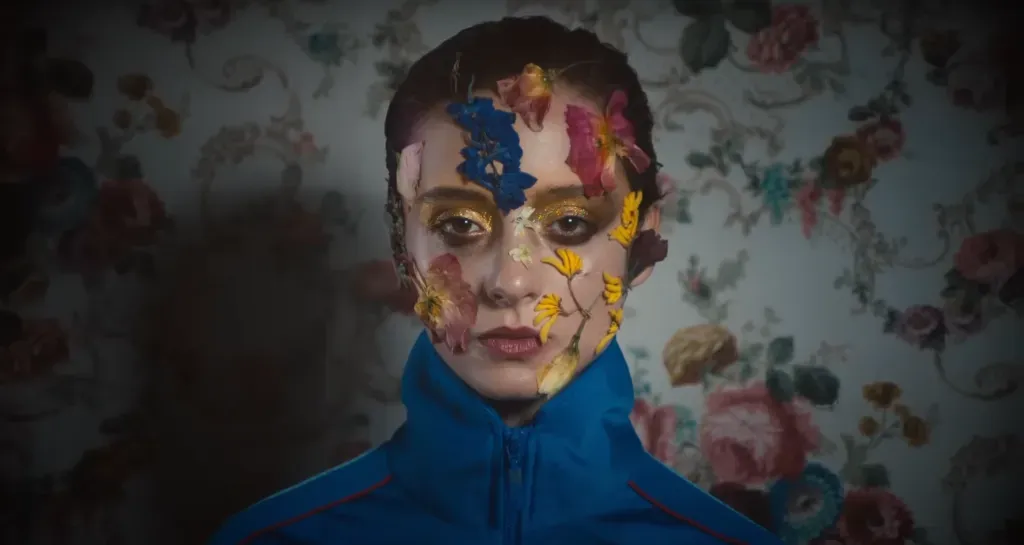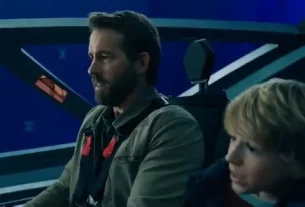In recent years, Nicolas Winding Refn has become known to many domestic audiences for his neon-tinged, Los Angeles-set films such as “Drive” and “The Neon Demon.” But before that, the Danish director rose to prominence for documenting the criminal underbelly of Copenhagen in the “Pusher” trilogy. When the COVID-19 pandemic prevented him from traveling outside his home country to work, he set his sights on Copenhagen once again.
Refn’s latest project is “Copenhagen Cowboy,” a new six-episode Netflix series that he previously described as a “poetic neo-noir.”
The project recently wrapped production and is set to premiere later this year on the streaming service, following its official debut at the Venice Film Festival.
The series, which Refn created and directed, stars Angela Bundalovic, Lola Corfixen, and Zlatko Buric, as well as Andreas Lykke Jørgensen, Jason Hendil-Forssell, Li Ii Zhang, Dragana Milutinovic, Mikael Bertelsen, and Mads Brügger.
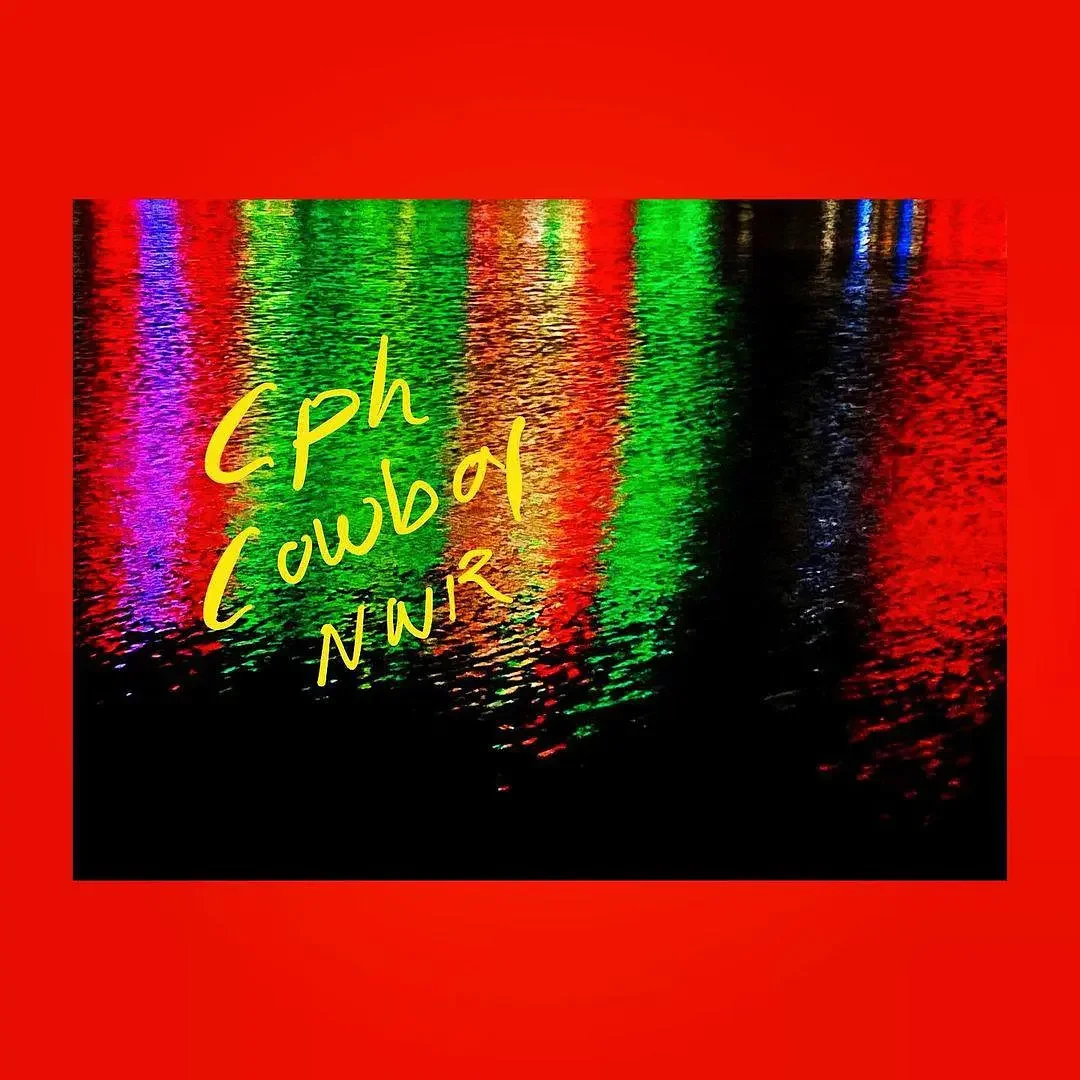
Netflix’s official synopsis for the show reads: “‘Copenhagen Cowboy’ is a thrill-inducing, neon-drenched noir series set across six episodes which follows enigmatic young heroine, Miu.
After a lifetime of servitude and on the verge of a new beginning, she traverses the ominous landscape of Copenhagen’s criminal netherworld.
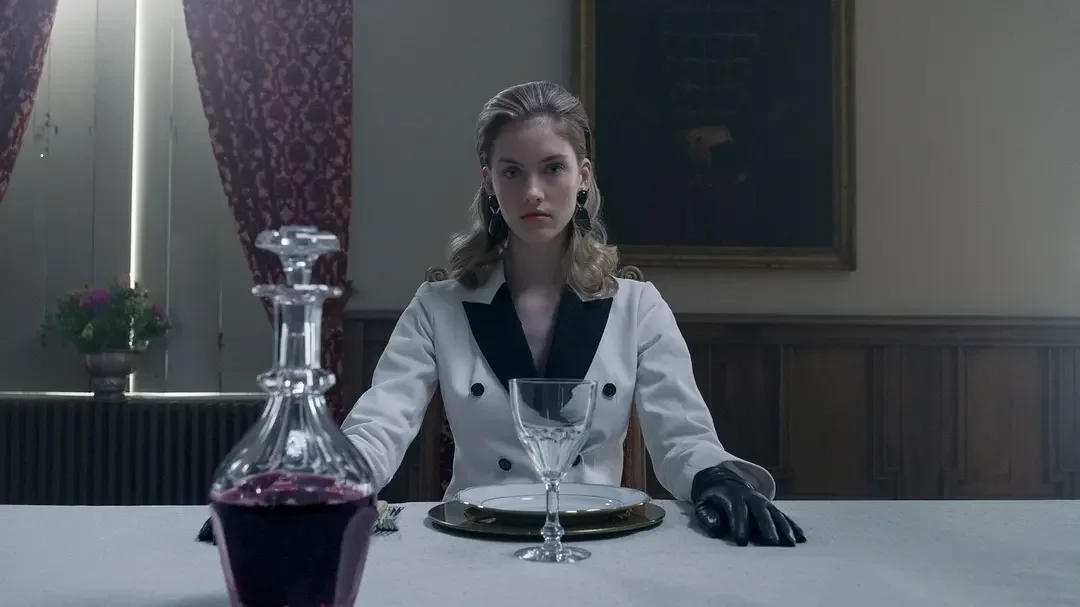
Searching for justice and enacting vengeance, she encounters her nemesis, Rakel, as they embark on an odyssey through the natural and the supernatural. The past ultimately transforms and defines their future, as the two women discover they are not alone, they are many.”
“Copenhagen Cowboy” marks Refn’s second major television project, following the 2019 limited series “Too Old to Die Young,” which starred Miles Teller and was released on Amazon Prime Video. Speaking to IndieWire, he said it’s fine by him if viewers don’t make it through the entire 13-hour “experience.”
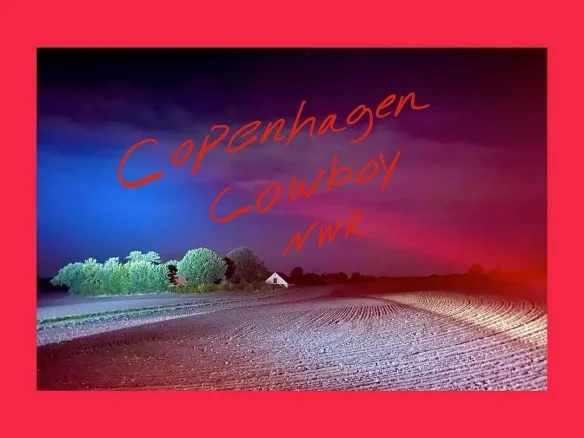
“Thirteen hours is a long time in someone’s life,” he said. “What’s interesting about streaming for me — because television is dead as a doornail — but streaming is like a whole new opportunity.And it’s a different concept, in a way, because it’s uncontrollable. You just log on [and] log off. It’s a coexistence now. Episodic television was designed when television was once a week on an analog channel. Why do we still retain the same narrative and constructions from a time that doesn’t even exist?”
The auteur has been open about his willingness to embrace streaming, praising the distribution model at the 2019 Cannes Film Festival.
“Streaming is an ocean of possibilities,” Refn said. “It’s so interesting to just come to work every day and just paint, until I ran out of money. I think the studios are ultimately getting ready for streaming, that’s common knowledge. The difference between streaming and more traditional theatrical is that streaming is an energy flow around us that runs 24 hours a day and seven days a week, and we can tap into and consume it whenever we want. That is a whole new ideology for how to exist.”
